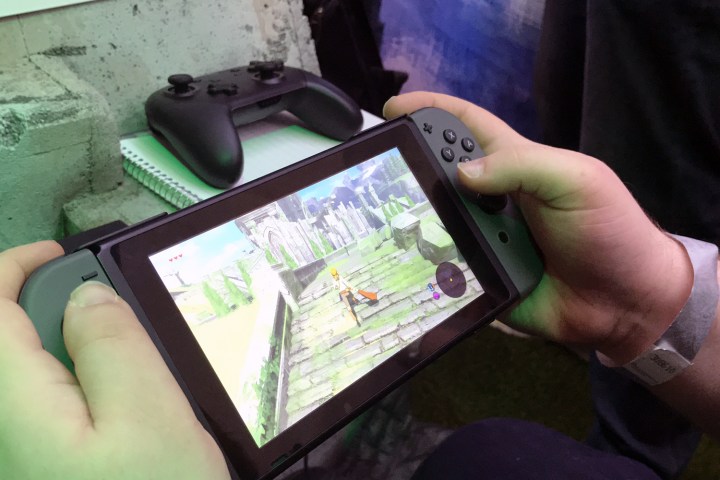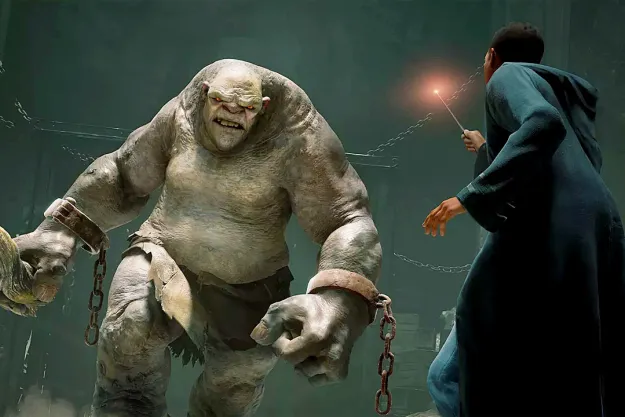
Immersion announced on Friday that it signed a multi-year deal with Nintendo to bring its patented technology to the Switch. The technology, once adapted to the Nintendo Switch console, will assist design efforts by giving developers access to the TouchSense software suite. According to the press release, “Immersion’s TouchSense software will help developers provide immersive touch-based gaming controls to players around the world.”
Immersion has lended its haptic technology to over three billion devices, across a plethora of industries — automotive, medical, video games, and others.
“We are thrilled about the opportunity to work with Nintendo to bring Immersion’s TouchSense technology to their customers,” said Vic Viegas, CEO of Immersion. Previously, Immersion provided its haptic technology to Apple devices, including multiple iPhone iterations. It also brought force feedback gaming to the Mac Operating System. The relationship, however, has since turned sour. Immersion is currently suing Apple for its alleged use of Immersion’s haptic patents in the iPhone 6/6S and force touch in the Apple Watch.
Immersion appears to be looking forward with its new partnership with Nintendo, though. “Nintendo sets the bar with their gaming systems, and adding advanced touch effects will give them an additional edge in delivering an incredible gaming experience to their customers.”
TouchSense technology makes touchscreen controls come alive, giving users the sense that they are touching physical buttons. It can be expected that when Switch developers gain greater control over touchscreen development with TouchSense technology, gameplay experiences on the Switch will become more refined and immersive.
Editors' Recommendations
- Nintendo Switch 2: release date rumors, features we want, and more
- Every rumored video game console: Nintendo Switch 2, PS5 Pro and more
- Mother 3 is finally on Nintendo Switch … but only in Japan
- Sony’s new PlayStation earbuds are a perfect match — for my Nintendo Switch
- Nintendo introduces a new Super Smash Bros. Switch OLED for Black Friday


